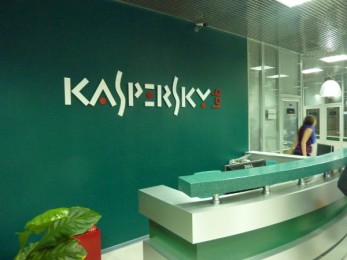 Beancounters working for analyst outfit Gartner have added up some numbers and divided by their shoe size and worked out that security software revenues have risen 3.7 percent and were worth $22.1bn in 2015.
Beancounters working for analyst outfit Gartner have added up some numbers and divided by their shoe size and worked out that security software revenues have risen 3.7 percent and were worth $22.1bn in 2015.
The report said that security information and event management remained the fastest-growing sub segment of the cybersecurity market and saw a 15.8 per cent growth. Consumer security software recorded a 5.9 percent year-on-year decline.
The top five vendors were Symantec, Intel, IBM, Trend Micro and EMC and they accounted for 37.6 percent of the security software revenue market share, down.
These vendors saw a collective decline of 4.2 percent in 2015, while the rest of the market grew strongly at 9.2 percent year on year. In fact, of the top five only Biggish Blue grew and increased its revenue by 2.5 percent to reach $1.45billion.
Both Symantec and Intel Security both suffered from the long-standing decline of the consumer market for anti-virus products and services. But Symantec still remained on top despite suffering a third consecutive year of revenue decline and its highest decline in revenue over a three-year period.
Still at least it did better than Intel which saw revenues fall from $1.83bn to $1.75bn between 2014 and 2015.


















